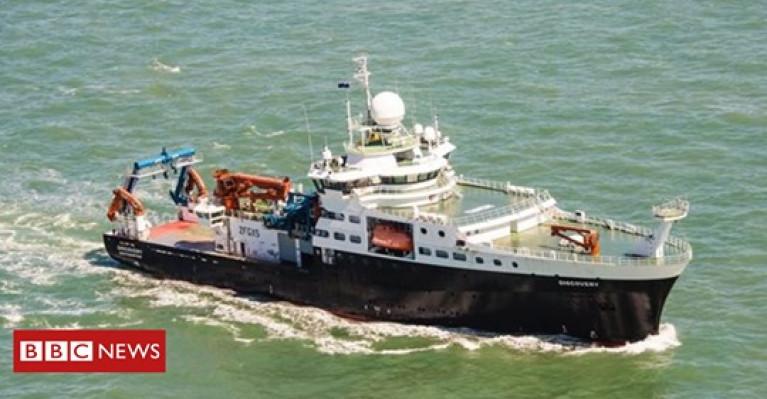Displaying items by tag: Atlantic Microplastic
Oceans given human-induced change, writes GreenNews.ie, may have been affected as much as half of the Atlantic, Pacific and Indian Oceans, a new study has revealed.
A new article in Nature Climate Change predicted through climate modelling that 20 to 55 per cent of the Atlantic, Pacific and Indian basins would have an “emergent anthropogenic signal” in 2020 and that figure would climb to between 40 and 65 per cent by the middle of this century.
The current model projects that the percentage will fall between 55 and 80 per cent in 2080.
Oceanic change (Atlantic see: BBC News) as a result of the climate crisis affects both temperature and salinity, which results in “widespread and irreversible impacts”, according to the authors of the study.
While the most pronounced change is found in the upper ocean, research has indicated that changes in water masses at depth have been identified and “will probably strengthen in the future”, they added.
The first indications of global ocean heat content change was identified in the early 2000s and studies have continued to investigate trends ever since.
Anthropogenic change remains undetected in “vast regions of the World Ocean”, according to the study, but the authors note that the lack of recorded change could be due to poor observational coverage.
Further maintenance and augmentation of an ocean observing system capable of detecting and monitoring persistent anthropogenic changes therefore is needed in order to monitor the ocean, the study concluded.
For more on the effects of a changing ocean click here and scroll down.































































